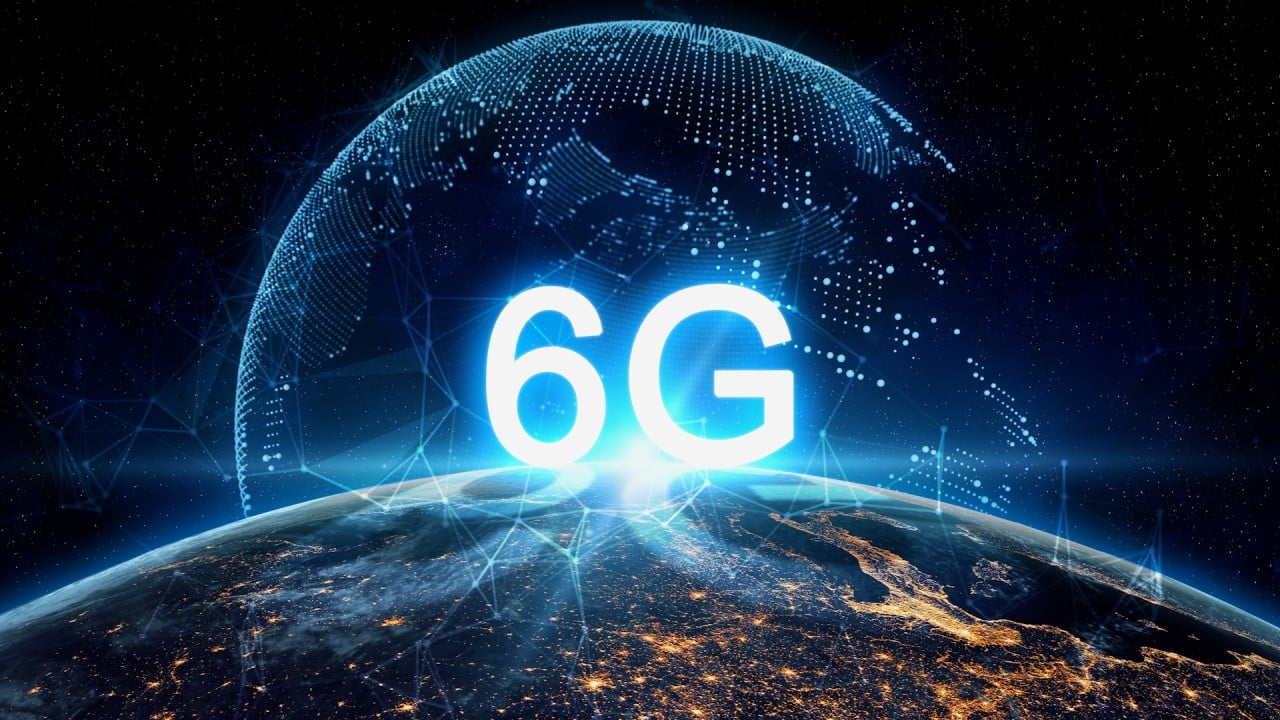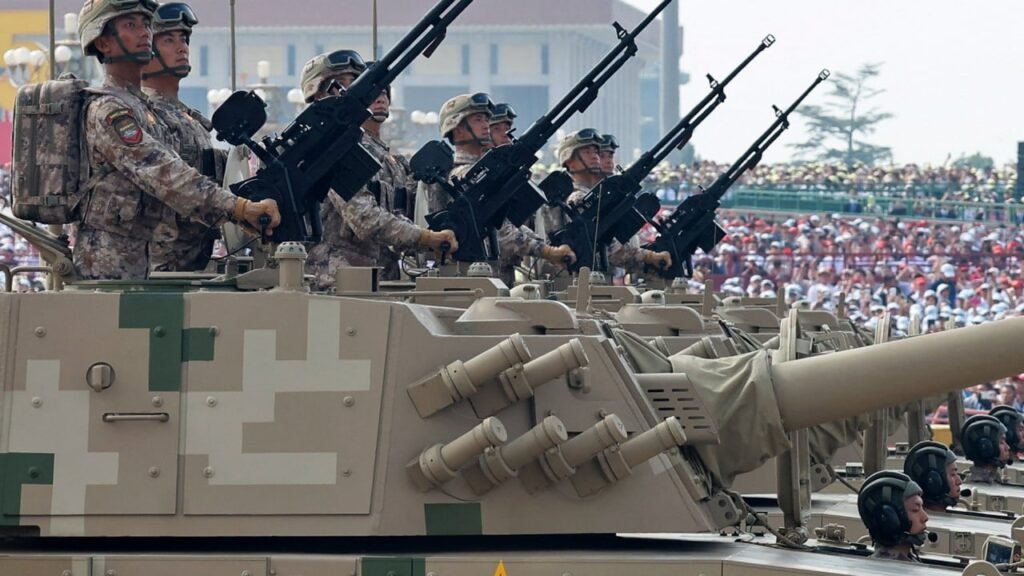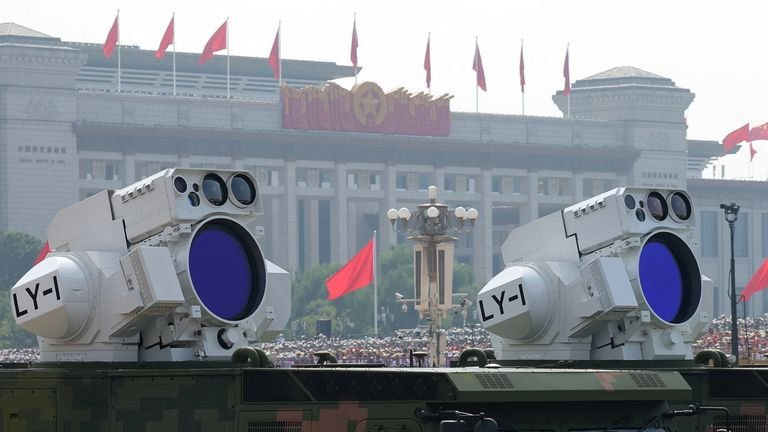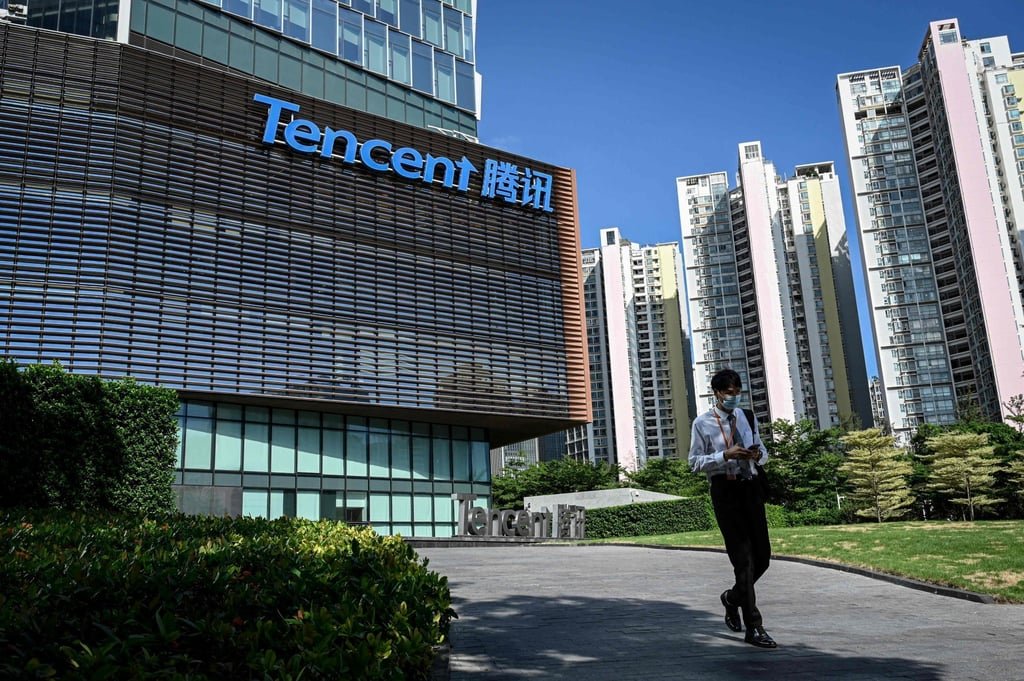The revival of techno-nationalism is reshaping strategies across continents. The European Union has embraced technological sovereignty with the EU Chips Act and investments in artificial intelligence (AI) and quantum technology. Japan and South Korea are diversifying supply chains and boosting domestic capacity. India is positioning itself as an alternative hub through the Make in India and Digital India initiatives, aimed at reducing reliance on both China and the West.
Export controls, industrial policy and regulatory power are the instruments of geopolitics today. The assumption that technology is a neutral force driving shared progress is giving way to a new reality: technology is becoming a front line of national strategy.
In a multipolar technological landscape, cooperation coexists uneasily with decoupling and rivalry. For instance, the United States has imposed restrictions on advanced chip exports while China, in turn, has tightened export controls on the critical minerals that are needed in hi-tech products.
The Chips and Science Act, promotion of Open Radio Access Network (Open-RAN) standards as an alternative to 5G technology and AI Action Plan in the US reflect a strategy of combining public investment with alliance-building – such as the so-called Chip 4 Alliance with South Korea, Japan and Taiwan – to maintain primacy while blocking rivals like China from cutting-edge technologies.
China has doubled down on indigenous innovation, pouring state funds into semiconductors and AI while promoting its “digital silk road” abroad. President Xi Jinping’s call for “self-reliance” is basically a call for the country to leapfrog in 6G and quantum technologies, setting global standards aligned with its ecosystem.
Japan, not backing down, is investing big in 2-nanometre chip fabrication through the state-backed joint venture Rapidus. Last year, South Korea announced a US$19 billion support package for its chip businesses, citing a need to keep up in areas like chip design and contract manufacturing amid “all-out national warfare” in the semiconductor market. Last month, India approved four more semiconductor manufacturing projects, taking the total under the India Semiconductor Mission, launched in 2021, to 10.

05:19
What is 6G, and why is China racing ahead of the US and Europe with the technology?
What is 6G, and why is China racing ahead of the US and Europe with the technology?
Visited 1 times, 1 visit(s) today








